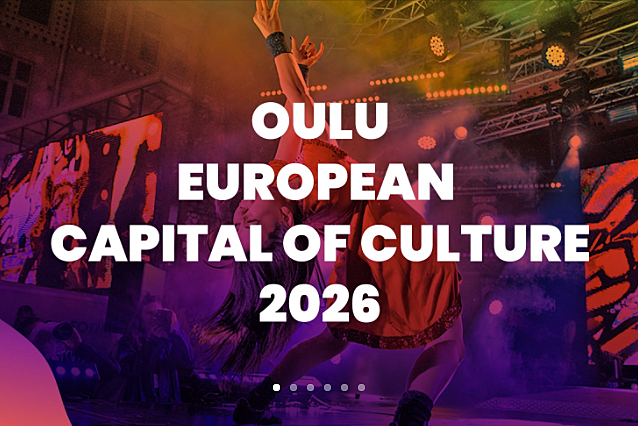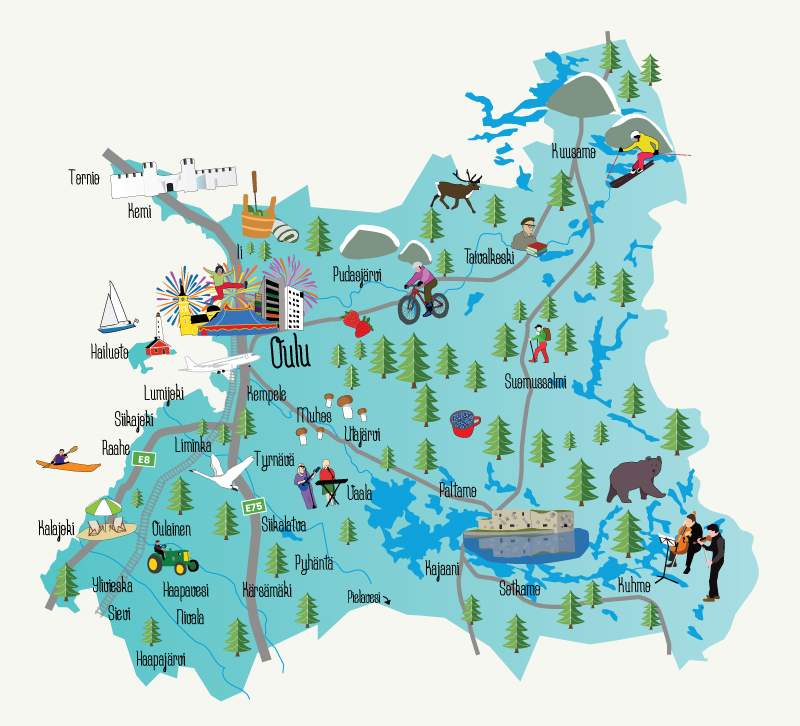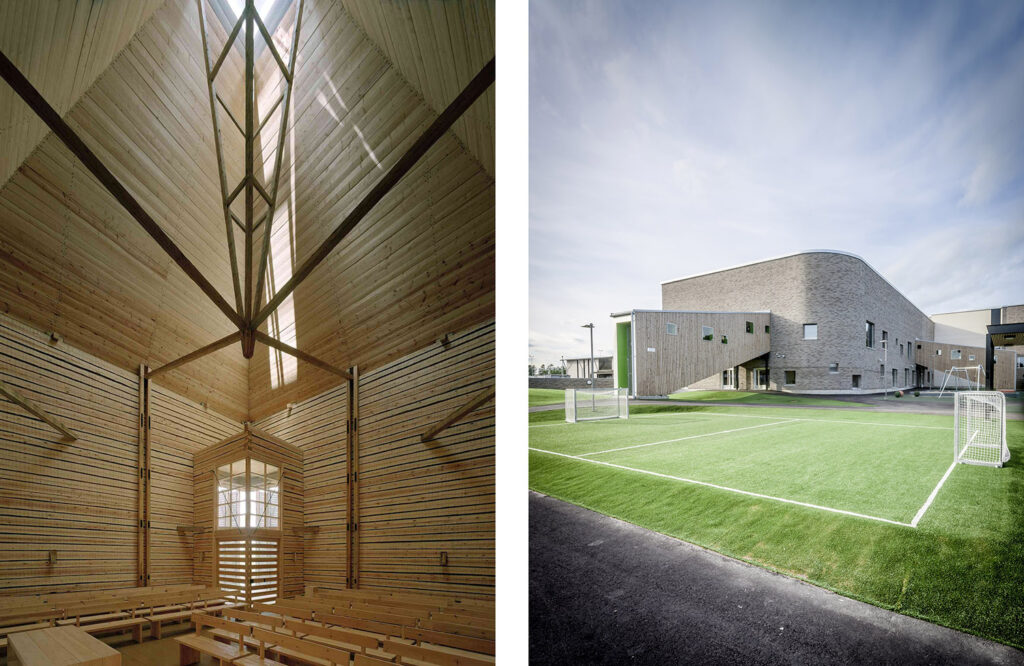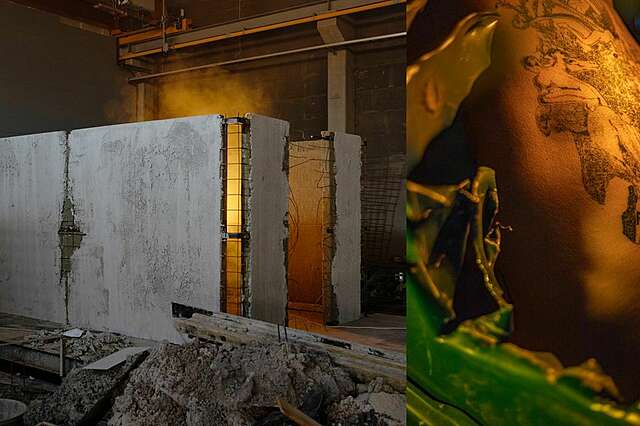Oulu selected as European Capital of Culture for 2026

The selection is recommended by a European expert panel composed of nine independent experts in the field of arts and culture. Previously, Finland has had two European Capitals of Culture: Helsinki in 2000 and Turku in 2011.
The concept of the European Capital of Culture project of the City of Oulu and 32 municipalities in Northern Finland is ‘Cultural Climate Change’, which is about reconnecting with the world and creating new kinds of togetherness. The project’s main goals are to inject new energy into the region by means of arts and culture and to meet cross-border demands through cooperation.
Oulu’s new cultural strategy is built around three themes: Wild City, Cool Contrasts and Brave Hinterland. It emphasises social, cultural, economic and ecological sustainability. Oulu2026 wants to bring culture into everyone’s lives and create new opportunities for people to participate in arts and culture.

In addition to Oulu, the project stretches over the municipalities of Ii, Pudasjärvi, Hailuoto, Kempele, Lumijoki, Liminka, Tyrnävä, Muhos, Siikajoki, Raahe, Kalajoki, Oulainen, Ylivieska, Sievi, Pyhäntä, Haapajärvi, Nivala, Haapavesi, Kärsämäki, Siikalatva, Vaala, Utajärvi, Paltamo, Suomussalmi, Kemi, Tornio, Kuusamo, Taivalkoski, Kajaani, Sotkamo, Kuhmo and Pielavesi.
Get acquainted with the architecture of the Oulu region in the Finnish Architecture Navigator through this link.

Three Finnish cities, Oulu, Savonlinna and Tampere, bid to be nominated as Finland’s candidate for the European Capital of Culture for 2026. After a pre-selection process last summer, the three cities were shortlisted for the final selection.
Another 2026 European Capital of Culture will be selected from Slovakia.European Capitals of Culture have been designated since 1985. Finland’s two earlier European Capitals of Culture were Helsinki in 2000 and Turku in 2011.
The European Capital of Culture event is one of the most well-known and successful cultural measures of the EU. It aims to highlight the diversity of cultures in Europe, to boost cultural exchange and to increase European citizens’ sense of belonging to a common cultural area. In addition, it fosters the contribution of culture to the development of cities.
The European Commission funds the event by awarding the selected city the Melina Mercouri Prize in 2026. The main sources of funding for the event are the central government, local governments and many partners of the city.
Mariya Gabriel, European Commissioner for Innovation, Research, Culture, Education and Youth, congratulated the public authorities, cultural stakeholders and inhabitants of Oulu on winning the title.
“Hosting a European Capital of Culture is a great opportunity for a city and a region to boost their cultural ambitions, to bring culture close to the heart of their various communities and to discover about the rich cultural diversity in Europe. I am convinced that Oulu will make the most of this title and ensure long-term cultural, economic and social benefits. At a time when the Union is launching a huge public debate on its future, it is also important for cities holding the title to show that culture is an essential part of recovery across the continent. This is the message of the New European Bauhaus initiative launched last year by the European Commission,” said Gabriel.
Read more on the Oulu2026 website through this link.


